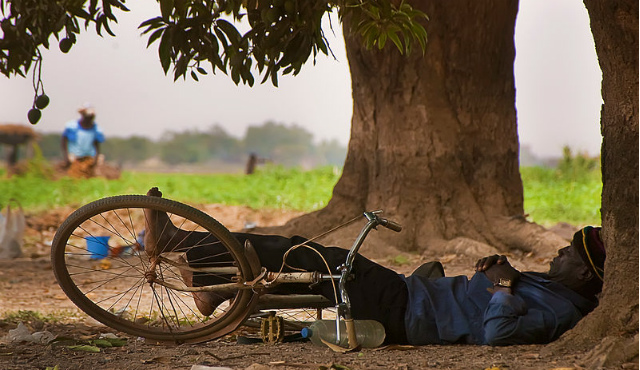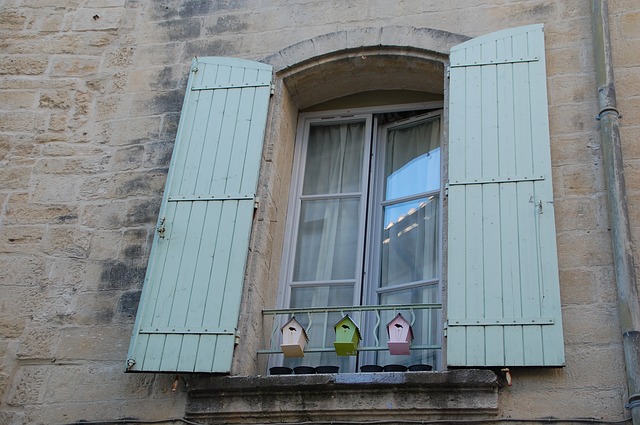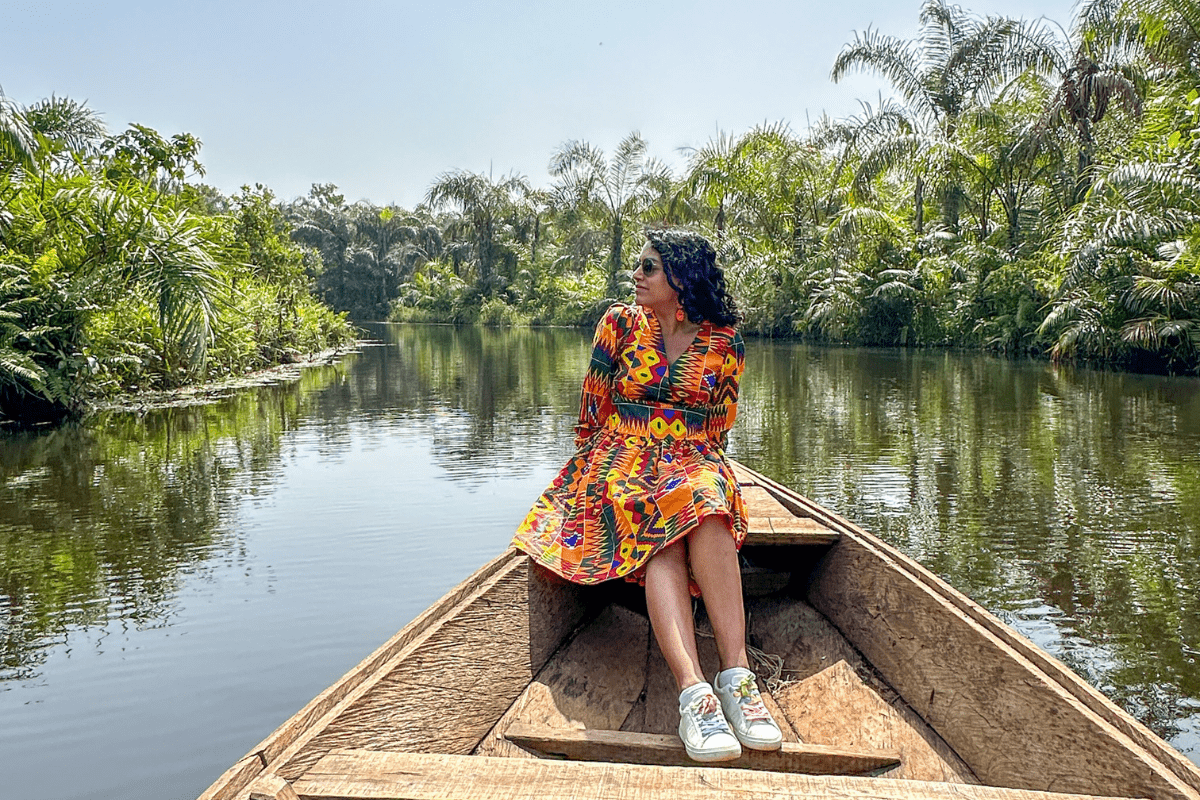If you come from a grey, chilly country, then a warmer climate can be a major advantage of moving abroad. It’s great: no more de-icing the car or shivering at the bus stop in sub-zero temperatures. You only need to step outside to top up your vitamin D levels.
But hot weather has its disadvantages too, of course. At the height of the hot season, the air is so hot it seems to burn your skin, and even sitting still feels like hard work. Moving from a chilly country to a hot one is liable to give you some degree of climate shock. Luckily there are a few ways to stay cool (apart from staying in an air-conditioned room constantly).
1. Do as the locals do…
Avoid strenuous activity in the middle of the day, when the heat is strongest. People in hot countries tend to either get up at the crack of dawn or stay up late into the evening. Either way, they tend to take a long lunch break and avoid doing much in the midday heat. Take a tip from the locals and do work, exercise and cooking during the cooler hours, and save the siesta for napping, reading, or anything that doesn’t require movement.

2. …but not always.
People in South-East Asia wear a lot of clothes. Women wear long-sleeved turtleneck sweaters under their T-shirts, and accessorise with hats, gloves and scarves on all but the hottest days. Young people wear skintight jeans all year round. I don’t know how they do it, and I definitely can’t do the same. But that doesn’t mean it’s acceptable to dress like you’re on the beach. In conservative parts of the world such as South-East Asia and Central America, showing too much skin doesn’t go down well. If you want to be respected, especially in the workplace, you need to dress modestly. Compromise by wearing lightweight clothes that don’t show too much. Women should cover their shoulders and skirts should come below the knee.
3. Hydrate, hydrate, hydrate!
It goes without saying that you should drink plenty of water, tea, juice or soft drinks to stay hydrated. But you also lose minerals through sweating, and it’s important to replace them as a deficiency can cause a range of symptoms including nausea and fatigue. Add a little salt to food to replace sodium and chloride, eat bananas to top up your potassium, and eat dark green vegetables for magnesium. You might well find your tolerance for alcohol is lower in a hotter climate as it’s easier to get dehydrated, so be careful not to overdo it. If you do become dehydrated, (hungover or otherwise!) eat a salty snack and drink water or sports drinks that contain electrolytes.

4. Keep your house cool
If you don’t have good air-con or just want to save money on your electricity bill, there are some ways to cool down your house. Keep curtains or shutters closed during the day to stop rooms getting overheated. Put up extra window shades for rooms that you want to keep coolest, for example bedrooms. You can buy purpose-made foil shades that reflect the heat, but you can also do the job with regular tin foil, or just big sheets of paper or card. Open the windows at night to let the cool air in, and close them when you get up in the morning.
5. Use cool water, menthol, and your fridge
When you’re overheated, a cool shower is the quickest way to cool down. But what else can you do when you finally have to get out of the shower and your house is still as hot as an oven? One way is to put a cool damp towel on your face or neck. Add a few drops of menthol oil to increase the cooling effect. Alternatively, rub menthol oil or balm directly onto the back of your neck or put a drop on your temples. Some people advocate taking a frozen bottle of water to bed – just wrap it in a small towel and you have a cold-water bottle. I like to keep face masks, body creams and eyedrops in the fridge so they’re chilled and soothing when I want to use them.
Browse our other tips for living abroad in the Expat Life archives. Have you had to adapt to an extreme climate? Let us know how you handled it! Join Teacher Horizons and browse for jobs today.




